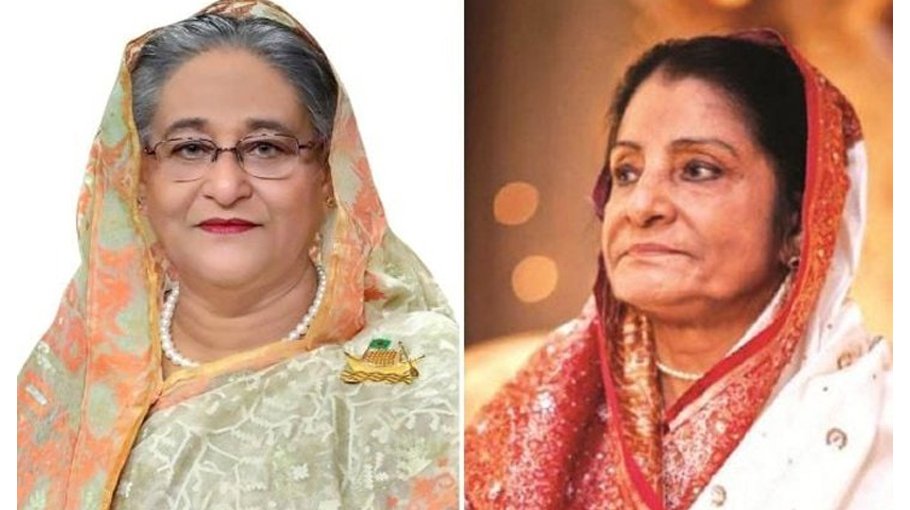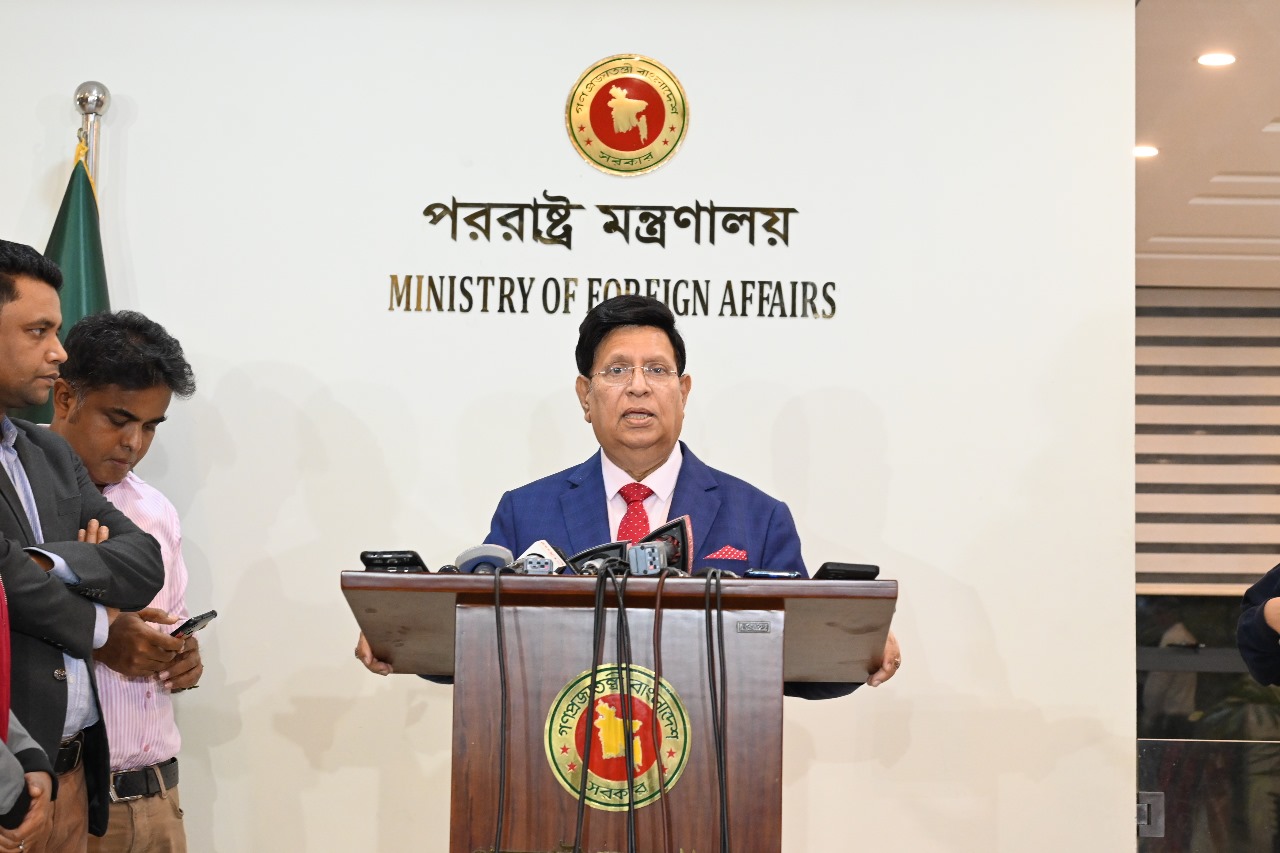Bangladesh, though not a cold country is caught off-guard every year when winter approaches as we usually remain indifferent to counter its ills.
Currently, medium to extreme cold waves are sweeping over the country, hampering normal life almost everywhere. Shivering cold due to cold waves is causing immense suffering for the people, forcing them to stay indoors. In particular, the low-income people including day-labourers, rickshaw pullers and the people living out in the open have been facing a huge dilemma due to lack of accommodation and warm clothing including those living in Dhaka.
However, we are mainly concerned since intensified cold weather has triggered an unexpected surge in winter diseases which are likely to worsen in the coming weeks.
Some 104 people die on average every year in Bangladesh due to cold and winter-related diseases. The number of deaths is higher in parts of the country with longer winters and higher poverty rates.
The statistics was revealed in a study jointly conducted by 4 teachers of Calgary University of Canada and Khulna University of Engineering and Technology (KUET) late last year. The study also showed that as winter reaches its peak during the months of December and January in the country. Mortality rate remains high during this period.
Nevertheless, in order to prevent untimely death and critical situations, we advise all parents to take extra caution if any child shows symptoms of cough, cold, high fever, and breathing problems. Lest we forget, delayed hospital admission is the main reason behind deaths of such juvenile patients. And Pneumonia yet remains the main cause behind death of children aged less than 5 years in Bangladesh. Some 12,000 children under 5 years of age die of Pneumonia every year.
In addition, we recommend taking plenty of rest and drinking fluids to cure the cold and flu, keep your house clean, and avoid dust, use tissue paper or handkerchief as protection while sneezing.
Not that this weather related health dilemma is a new phenomenon , but given its regular recurrence every year the government besides health authorities concerned must aid the hardest hit people with appropriate winter clothing and medicines. That said – need of the hour is to prepare all public and private hospitals for the high winter case load.
Most important for the government is to have an approximate estimation of how many people are affected due to cold waves and therefore, aim towards implementing a long term strategy.
If not all among the poor, every year we should aim to equip at least a selective group of unaided sufferers to deal with extreme weather conditions on a regular basis.
Drawing lessons from previous winter seasons, we expect the government to adopt well chalked-out initiatives to prevent further miseries and deaths prior the harsh weather condition intensifies.







